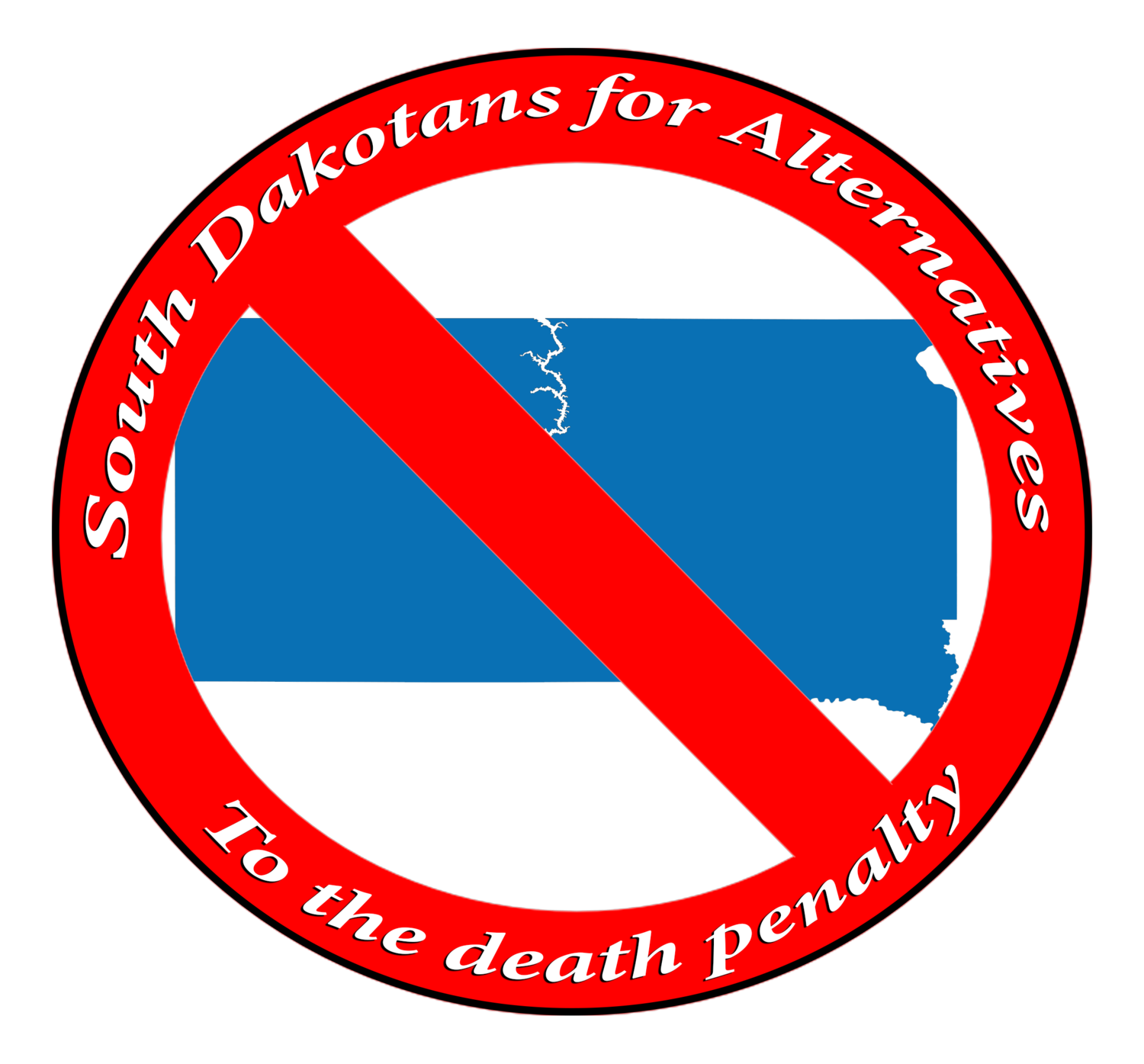Medical supply company McKesson says state deceptively purchased drugs for lethal injection, becoming first in history to sue a death penalty state for misuse.
A US healthcare giant has accused the state of Arkansas of effectively lying to it over the sale of a pharmaceutical drug that the Republican governor had been poised to use in a historic killing spree of eight prisoners in 11 days.
The medical supply company McKesson has become the first private company in US legal history to sue a death penalty state for the misuse of its products in executions. Its unprecedented action has succeeded – for now – in frustrating the ambition of the Republican governor, Asa Hutchinson, to stage what critics have called a “conveyor belt” of death.
The governor had scheduled a series of double executions in the Arkansas death chamber in the Cummins Unit near Pine Bluff, starting on Monday and ending on 27 April, in what would have been the most intense burst of killing in the US for at least 50 years. But late on Friday a state court, responding to McKesson’s allegations, put all the executions on hold.
On Saturday a federal court also entered the dispute, ordering its own injunction in response to a legal challenge placed by all the condemned prisoners. The inmates had argued that the rush to hold so many executions in such a short time risked subjecting them to cruel and unusual punishment.
McKesson pulls no punches in its legal complaint, directly accusing the Arkansas department of corrections of misleading it in order to buy a batch of vecuronium bromide that the company distributes in the US on behalf of manufacturer Pfizer. Vecuronium is widely used in hospitals to relax patients’ muscles before surgery, but it has also become a standard element of the cocktail of three drugs that makes up lethal injection protocols.
Last July, the complaint alleges, the Arkansas prison service contacted McKesson to order 10 boxes each containing 10 vials of 20mg of vecuronium. The state official did not mention the drug was to be used to kill prisoners. On the contrary, McKesson states, the order was made in such a way as to seem like a routine request to restock supplies, to the extent that the shipping address given was the prison’s healthcare facility as a way “to mask things further”.
The medical director’s license was quoted during the phone call, just as it would be when a prison orders everyday equipment such as surgical gloves, syringes and stethoscopes. When the company asked for the boxes to be returned, having discovered their intended use, the state refused.
The corrections department “led McKesson to believe that the order was placed at the request of, or for the benefit of, the physician and would be used for a legitimate medical purpose”, the complaint says.
McKesson’s intervention has had a dramatic and immediate impact. On Friday night a state judge, Wendell Griffen, imposed a temporary restraining order on all the executions scheduled between now and the end of April, tearing down Hutchinson’s plans.
The state struck back, appealing the restraining order to the highest court in Arkansas and setting up an epic legal tussle. The state is also expected to appeal the injunction imposed on Saturday by a federal district court, which means that the final outcome of the battle may not be known until it reaches the US supreme court.
Should that happen, the most powerful judges in the country will be asked to adjudicate over an existential question that has been building in force over many years: should pharmaceutical drugs that are created to save lives be used to end them?
Maya Foa of Reprieve, a human rights group that has been influential in exposing the duplicity of death penalty states over drug purchases, said: “Pharmaceutical manufacturers and wholesalers make medicines to save and improve the lives of patients, and the use of these drugs in executions goes against everything these firms stand for.”
The dispute brings to a head a legal collision that has been pending since at least 2010, when the UK government unilaterally imposed export controls on several drugs used in US executions. The following year the European Union similarly moved to block exports, and at the same time individual drug manufacturers in America adopted stringent distribution controls designed to prevent their products falling into the executioners’ hands.
With the resulting dearth of supply, death penalty states turned to ever more extreme measures to try to secure the drugs. The Arkansas governor’s wild scheme of killing eight prisoners in 11 days was in itself an expression of desperation – Hutchinson made clear he was rushing the procedures in order to use up a batch of the sedative midazolam before it expired at the end of April.
Eight executions in 11 days: Arkansas order may endanger staff's mental health
Other states have been accused of using misleading tactics to bypass distribution controls. Texas audaciously obtained lethal injection drugs by pretending they were needed by a prison hospital unit that had been closed for many years.
In 2011, prison officials in Ohio attempted to acquire the barbiturate pentobarbital by posing as representatives of a mental health department.
“When you call them to see if they will sell to us make sure you say we are the department of mental health, do not mention anything about corrections or what we use the drug for,” one official said.
Now it is Arkansas’ turn to be under the spotlight, and with as powerful an adversary as McKesson the stakes could not be higher. Having intended to carry out would be the most intense burst of US executions in half a century, Hutchinson may find that his legacy falls in the opposite direction.

